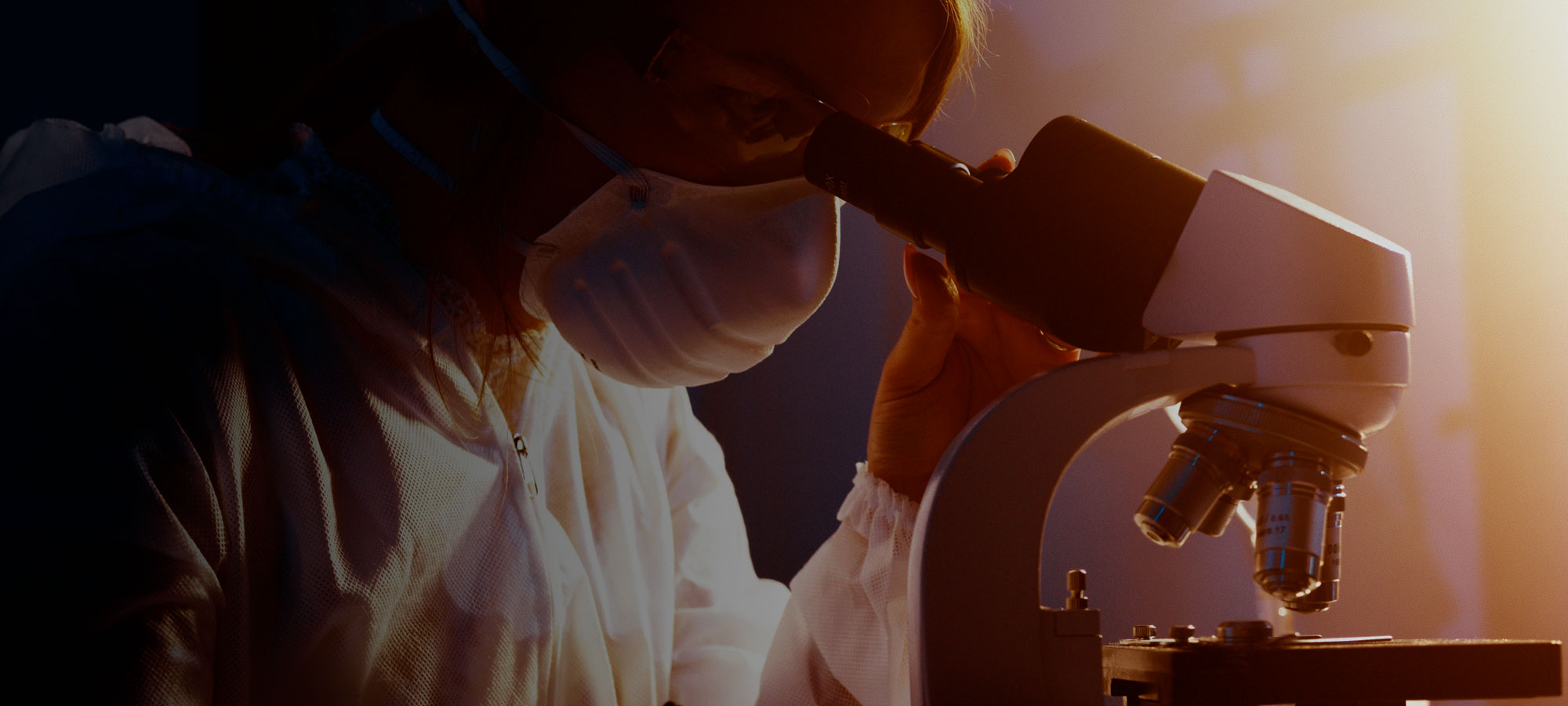Aerobic culture and susceptibility testing is the routine bacteriology test for clinical specimens collected from mammalian, amphibian, avian, and reptilian animal species. This test method includes bacterial culture, identification by MALDI-TOF MS, and one antimicrobial susceptibility test (by broth microdilution/MIC testing) for clinically significant, aerobic, fast-growing organisms. Antimicrobial susceptibility testing conforms to the Clinical and Laboratory Standards Institute (CLSI) standards. Common yeasts found in dermatology specimens from dogs and cats can also be cultured and identified using this test selection, but antifungal susceptibility testing is not available.
Specimens from sterile body sites, surgical sites, abscesses, wounds, and tissue biopsies are screened for anaerobic bacteria. Culture and identification of anaerobes can be added on to an aerobic culture and susceptibility, when indicated by the laboratory, for an additional fee. Antimicrobial susceptibility testing is not available for anaerobic bacteria; beta-lactamase production will be tested and reported when applicable. See Sample Submission Guide for more details.
One charge will be applied for each specimen submitted (except for urine specimens, where one charge is applied to both a fluid and a swab). The laboratory will not “split plates”; however, the lab will combine specimens at the request of the submitter and will apply one charge.
Test Code: BACT.
| Discipline: | BACT |
|---|---|
| Test Days: | M-Sat |
| Turn Around Time (Days): | 1-7 days |
| Samples: | Swabs in transport medium |
| Container: | Swabs in transport medium. DO NOT submit dry swabs. |
| Handling/ Storage: | Refrigerate |
| Test Fee: | *You can only see pricing if you are logged in. |
| Go to the Submission Forms page. | |


